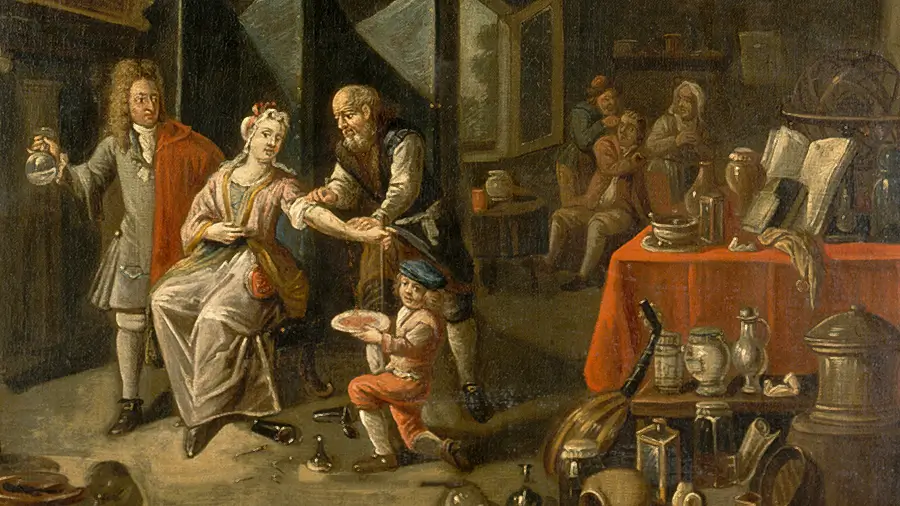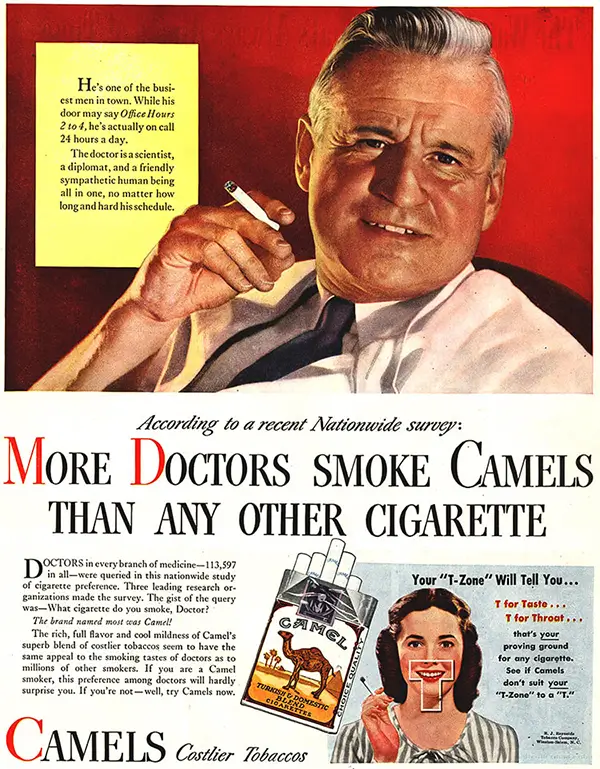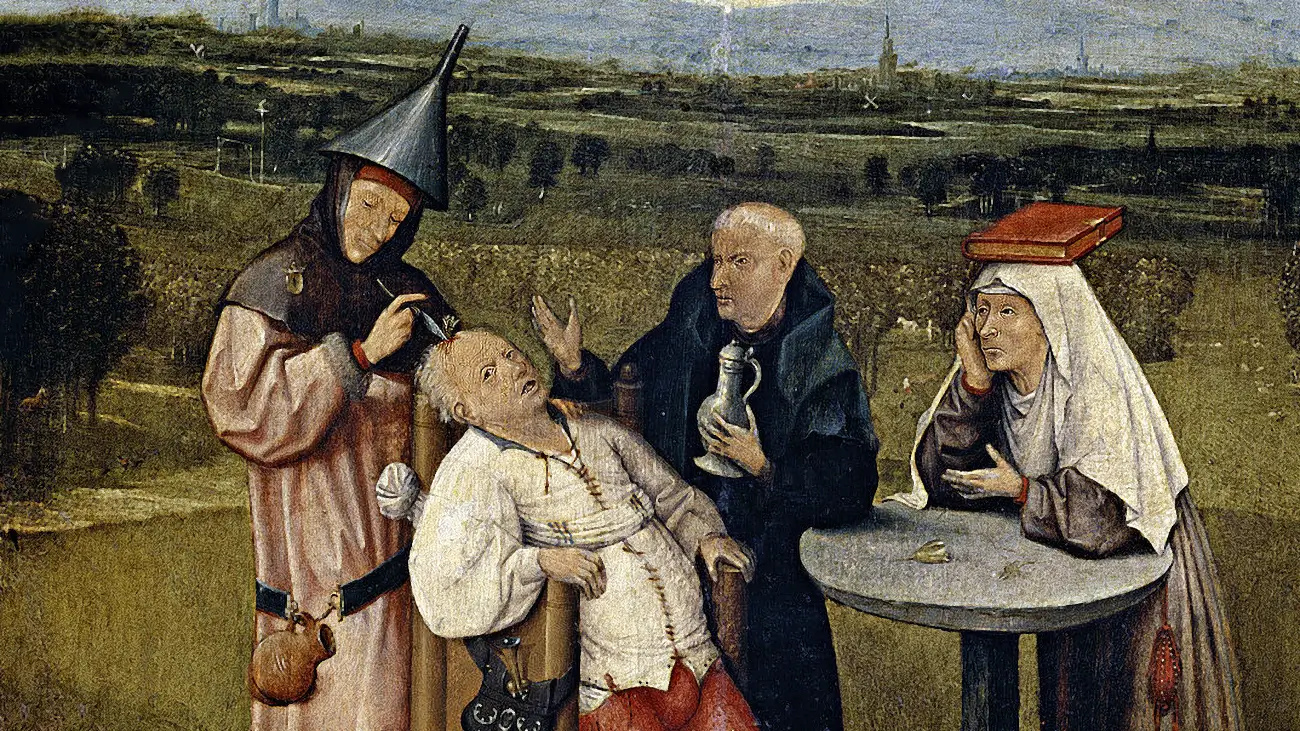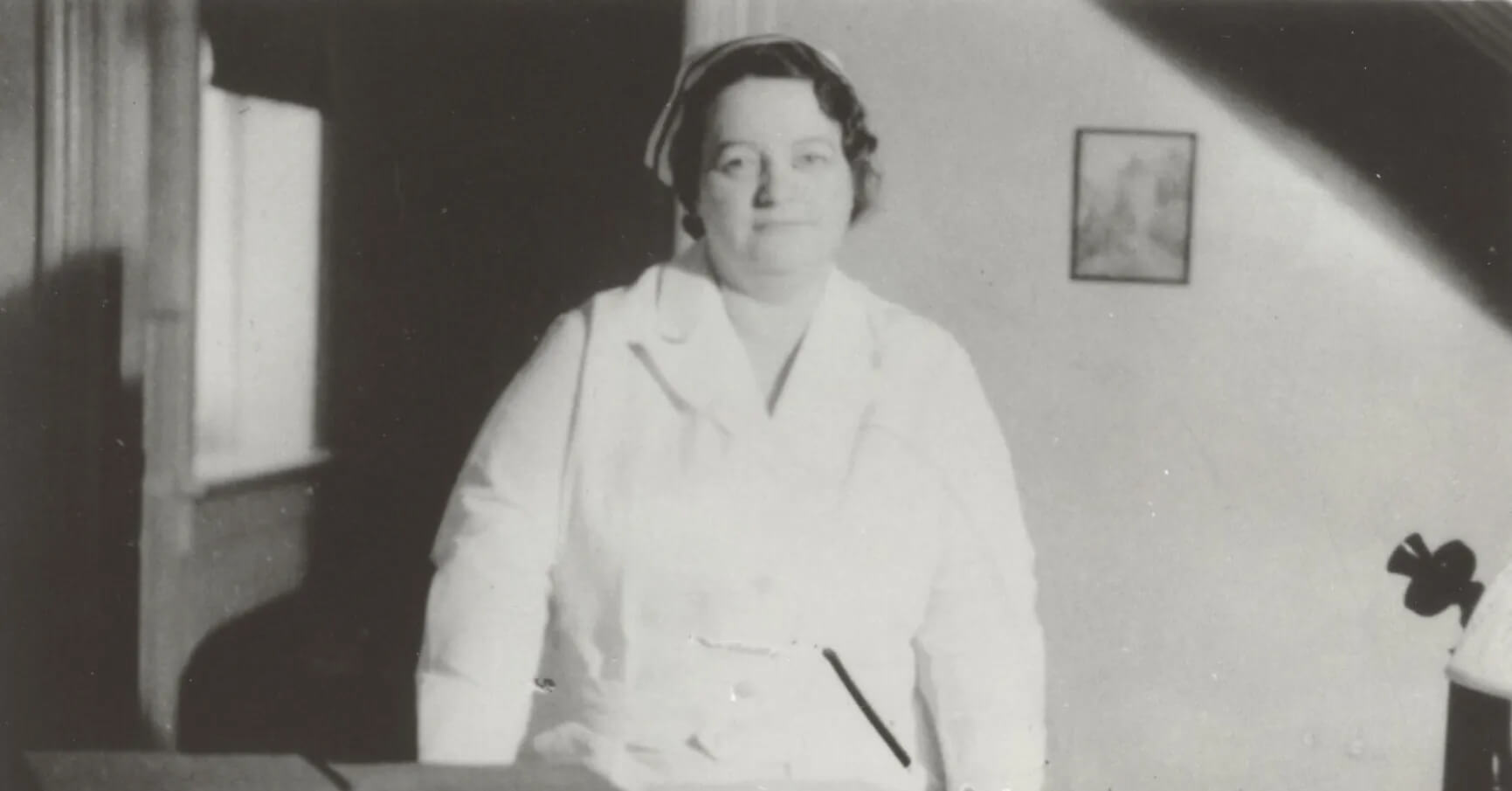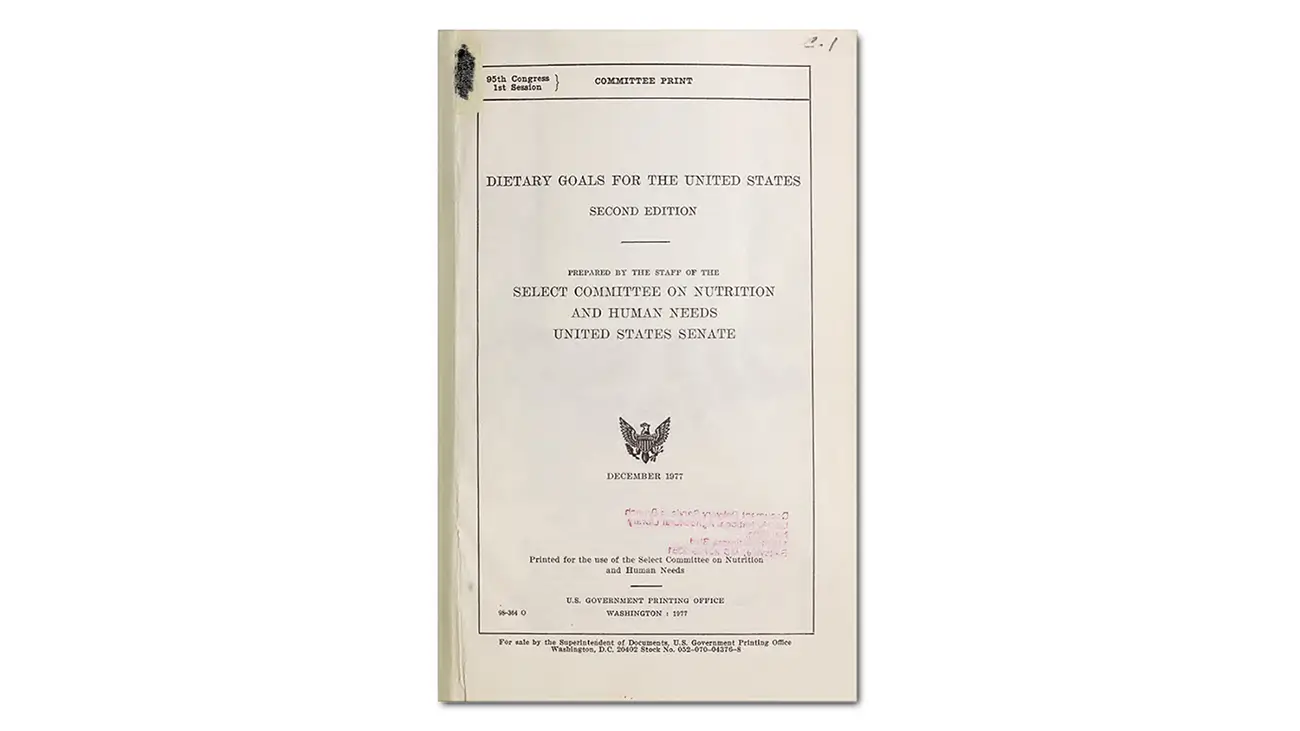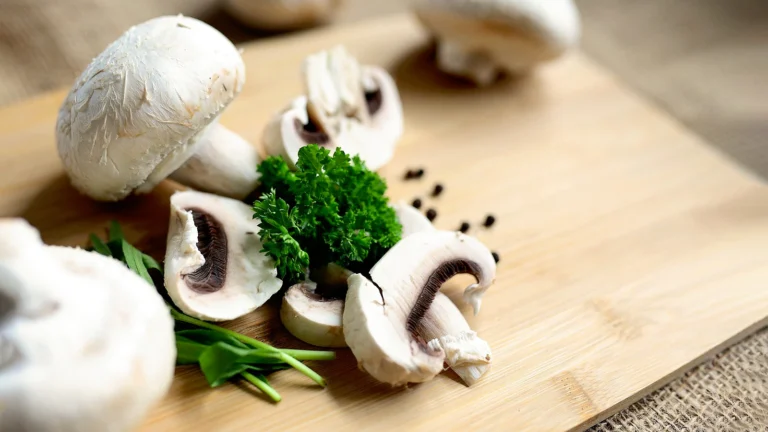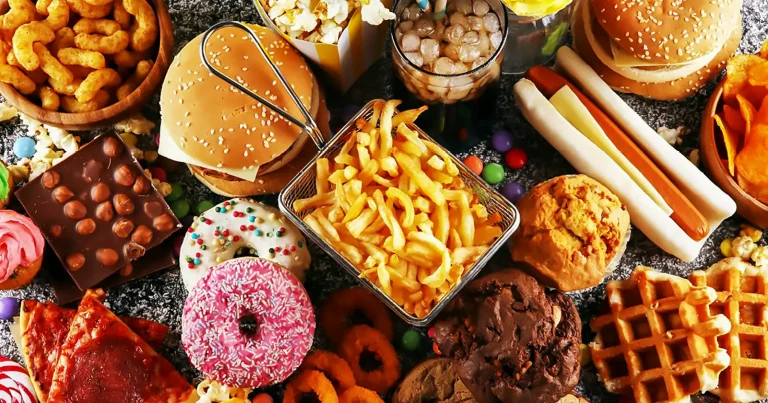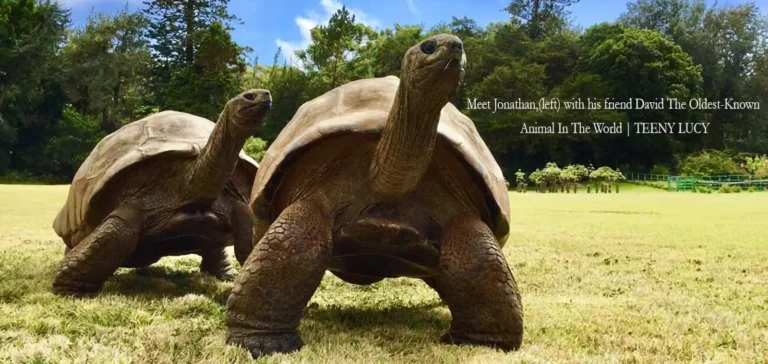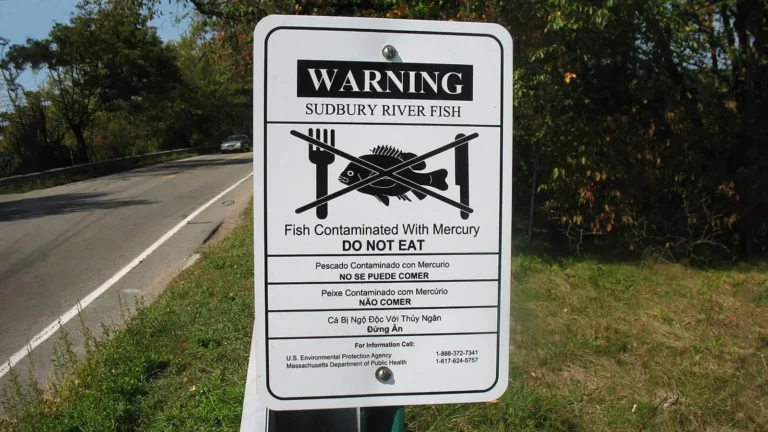A Medicina alopática - O Surgimento de uma Indústria
O saldo de médicos ramos manteve-se igual sobre a virada do século 20 quando novos tratamentos médicos verificou que estavam potencialmente muito lucrativo.
Milos Pokimica
Escrito por: Milos Pokimica
Revisto Clinicamente Por: Dr. Xiùying Wáng, M.D.
Actualizado em 9 de Junho de 2023Há cerca de 100 anos atrás, a medicina alopática moderna conseguiu finalmente neutralizar os chamados médicos empíricos ou curandeiros holísticos ou naturais. Foram chamados de empíricos porque têm utilizado apenas a observação empírica sem qualquer forma de ciência. O conhecimento foi transportado de uma geração para outra sob a forma de ervas naturais e outra forma de medicina folclórica. No século XIX, a sociedade estava dividida entre duas formas de medicina e havia a regulação de ambas as formas com leis e restrições igualmente. Os doentes tinham a possibilidade de escolher entre ambas as formas de tratamento, os alopatas, e os empíricos. Os médicos alopáticos (modernos) chamavam à sua abordagem medicina heróica e acreditavam no uso de venenos para tratar agressivamente as doenças. Chamavam à sua prática a teoria científica. Utilizavam três técnicas principais.
- Sangravam o corpo para drenar as más toxinas como na Idade Média. Durante a praga da Idade Média, a prática do tratamento era abrir as veias que conduziam ao coração. Isto, na sua mente, deveria permitir que a doença deixasse o corpo. Os inchaços associados à Peste Negra também foram cortados para permitir que a doença saísse. Continuaram a utilizar esta forma de prática.
- Depois dão enormes doses de metais pesados tóxicos como o mercúrio, que levam a deslocar a doença original.
- Utilizaram também a cirurgia, que foi o melhor método de todos eles. Estudaram cientificamente a anatomia humana e acreditaram no mesmo princípio de tratamento agressivo das doenças, cortando-as.
Os médicos empíricos acreditavam no potencial natural de auto-cura do corpo humano e não utilizavam qualquer forma de cirurgia. Nem sequer permitiam a perfuração da pele humana sob qualquer forma. Por isso, nunca praticavam a cirurgia. Naquela época, esse era um método brutal, sem anestésicos e sem controlo de infecções. Até os dentes estragados eram removidos sem antibióticos, o que implicava um tratamento doloroso e mortal. Os alopatas também faziam essa cirurgia. Nessa altura, a maioria dos doentes temia os métodos alopáticos e, em ocasiões não muito raras, os doentes morriam devido à cura. Os curandeiros empíricos, ao contrário dos médicos, acreditavam em estimular as defesas do organismo para que este se curasse a si próprio. Utilizavam produtos vegetais, ervas e substâncias não tóxicas em pequenas quantidades. Normalmente, se o tratamento não era bem sucedido, não agravavam o estado da doença e se o doente morria, morria da própria doença e não da cura, como o mercúrio ou a sangria.
O equilíbrio e a coexistência dos dois ramos médicos permaneceram iguais até sobre a viragem do século, quando surgiram novos tratamentos médicos que eram potencialmente muito lucrativos.
A Associação Médica Americana foi unida e influenciada por fortes forças financeiras e de controlo e transformou a medicina numa indústria. Cartéis bancários internacionais ou em nomes pessoais Rockefeller, Morgan, e Carnegie financiaram cirurgias, radiações, e drogas sintéticas. Mais tarde, Carnegie vendeu todos os seus negócios à Morgan e tornou-se filantropo. Rockefeller e Morgan foram alguns dos fundadores e accionistas da Reserva Federal (um banco privado que ainda controla os EUA e a economia global em grande medida) e eram também monopolistas da indústria pesada e da indústria petrolífera. Deveriam tornar-se as fundações empresariais da nova indústria médica.
Uma aquisição das escolas médicas permitiu uma aquisição de toda a indústria médica. Carnegie, em particular, entrou em cena e disse que iria colocar finanças. Investiram enormes quantias de dinheiro na fundação da nova indústria, em particular nas escolas que se mostraram complacentes em cooperar com eles. Pelo dinheiro, eles tinham um pedido para pôr algum do seu povo a um conselho de administração para que o seu dinheiro seja gasto de forma sensata. O que acontece é que todas as grandes universidades receberam grandes bolsas destas pessoas e também aceitaram uma ou mais destas pessoas no conselho de administração. Agora, elas não estavam lá para divulgar a ciência e a aprendizagem na busca do bem-estar social e da felicidade humana. Foram lá colocadas como um esquema maior de planos para assegurar o interesse dos banqueiros. Quase de um dia para o outro, as escolas foram adquiridas. As escolas receberam grandes quantidades de dinheiro, e gastaram-no em equipamento novo e caro e construíram novos edifícios e novos laboratórios, e contrataram mais investigadores e professores. Contudo, ao mesmo tempo, venderam o seu interesse à crescente indústria chamada medicina, dominada por empresas farmacêuticas recentemente fundadas. A partir dessa altura, os médicos seriam ensinados, ao longo da história, medicamentos farmacêuticos e formas alopáticas de medicina interventiva em benefício do interesse financeiro privado do cartel bancário internacional liderado por Rockefellers e Morgan.
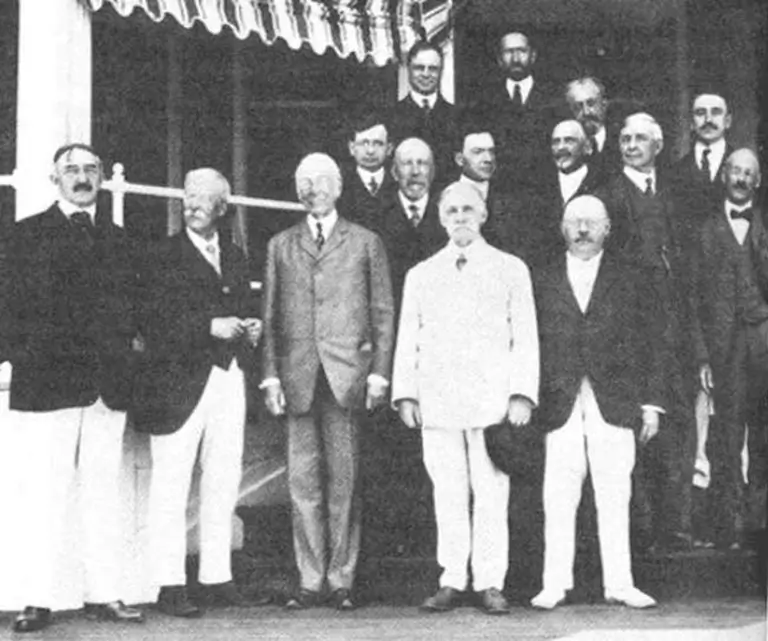
Na imagem, vêem-se os administradores da General Educational Board, a primeira Fundação Rockefeller, num retiro em Rockland, Maine, em julho de 1915. Para além de Rockefeller, no centro, pode ver-se também, por exemplo, Charles W. Eliot (antigo presidente da Universidade de Harvard), Harry Pratt Judson (presidente da Universidade de Chicago), e muitos outros indivíduos "importantes" que, só pelo facto de se reunirem neste tipo de reunião, criaram algo conhecido como conflito de interesses.
É espantoso como foi preciso pouco dinheiro para o fazer. Nessa altura, a cirurgia tornou-se um aspecto mais importante da medicina alopática devido à anestesia e ao controlo de infecções e os médicos defenderam cada vez mais o uso e a investigação de operações dispendiosas como cura para cada doença em que pode ser implementada. Depois, foi construído o grande e lucrativo sistema hospitalar e a febre do rádio varreu a medicina. O preço do rádio subiu 1000% durante a noite. A indústria farmacêutica cresceu a partir de uma medicina patenteada em plena expansão. As escolas mudaram os padrões de educação e os regulamentos de licenciamento para excluir os empíricos. Apenas médicos aprovados pela AMA podiam exercer legalmente a medicina. A campanha dos media foi lançada para espalhar o medo e associar os empíricos aos charlatães e ao perigo. Desde essa altura e até hoje, as escolas de medicina representam um interesse do cartel bancário e não o interesse de indivíduos.
Infelizmente, a "indústria" médica e o governo também foram tomados por interesses especiais e essa é a mesma situação até hoje. E era muito simples. Primeiro, Rockefeller, Morgan e Carnegie ganharam o controlo do sistema de ensino. Depois, deram à AMA o poder de excluir da prática clínica todos os empiristas e médicos de quem não gostassem. Depois, tomaram conta de todo o processo de teste de medicamentos, influenciando fortemente as publicações médicas que analisam esses medicamentos e controlando os meios de comunicação social regulares. Por fim, alargaram o seu controlo à FDA, que deveria verificar a segurança e a eficácia desses medicamentos.
O médico médio na escola médica de hoje recebe uma grande educação, ele sabe muito sobre drogas e cirurgia, mas não sabe nada sobre nutrição. E aprendeu a associar a nutrição à charlatanice e a manter a boca fechada e a seguir as directrizes da indústria por medo de perder o seu salário de seis dígitos. Aprendeu que a única coisa que importa é o que o grande livro com que aprende na escola lhe diz, porque isso é ciência e tudo o resto é mau. O médico médio está na mesma mentalidade que alguém que foi doutrinado para um culto religioso. Ele tinha medo da morte se começasse a pensar fora das directrizes literárias da indústria.
Existe uma grande probabilidade de que perca o seu emprego ao tentar ajudar as pessoas. Depois vai perder a sua casa e depois não vai poder pagar o seu empréstimo de estudante. Mesmo que ele saiba o que está a acontecer eventualmente, ele aceitará o sistema e defendê-lo-á. Fará um juramento hipocrático, mas não é um verdadeiro médico empírico como o próprio Hipócrates era. Por exemplo, Hipócrates tinha proibido os seus estudantes de perfurar a pele humana em todas as ocasiões. Médicos de hoje em dia, tudo o oposto. Eles até lhe farão mal conscientemente, se foi isso que lhes foi dito para fazerem. No mínimo, ficarão simplesmente indiferentes.
Ainda hoje, os médicos são visados por dizerem a verdade. Aprendem na faculdade a manter a boca fechada. A história do Dr. John McDougall foi um bom exemplo (https://www.drmcdougall.com/). Quase foi expulso da faculdade de medicina em algumas ocasiões porque tinha dificuldade em manter a boca fechada. Depois, quase foi expulso do internato quando perdeu a calma depois de ver um doente que tinha tido o seu terceiro ataque cardíaco. Disse-lhe que o doente não teria um futuro brilhante se não mudasse para uma dieta à base de amido, frutos e legumes. O seu chefe de medicina chamou-o para uma conversa e disse-lhe que tinha envergonhado o seu médico assistente ao falar de comida e que não devia voltar a fazê-lo se precisasse de ter um emprego no futuro. Por isso, calou-se durante algum tempo e, depois de receber o seu "bilhete", o chefe de medicina da residência da Universidade do Havai, Dr. Schatz, chamou-o novamente e disse-lhe
"Sabes, McDougall, eu gosto de ti. Gosto da tua mulher e dos teus filhos. Acho que tem uma família fantástica, mas receio que vá morrer à fome com as suas ideias loucas sobre uma dieta vegetariana. Não vai trabalhar em lado nenhum e os únicos doentes que vai receber são um bando de vagabundos e hippies".
É da mesma forma que qualquer forma de crime organizado funciona através de diferentes formas de intimidação da sua família. McDougall disse-lhe que tinha um abdómen grande e gordo, mas que tinha de se olhar ao espelho e que não ia tratar doenças crónicas com medicamentos e cirurgia. Para as pessoas que não sabem, o custo atual de uma cirurgia de coração aberto é de: $324.000. Não é possível obter esse tipo de lucro com a venda de batata-doce. O problema de McDougall foi o facto de ter sido criado numa família americana pobre, onde os princípios mais elevados eram a honestidade, pelo que provavelmente não se adaptou bem à indústria médica. Felizmente, não era assim tão grande para se tornar um verdadeiro alvo, pelo que viveu uma vida plena. Mais tarde, escreveu o livro intitulado A Solução de Amido .
Uso apenas a sua situação como exemplo do funcionamento de todo o sistema. A indústria visa sistematicamente todas as ameaças concebíveis, sem excepção. Isto foi em 1978, e até hoje a situação é a mesma. McDougall é mesmo expulso da Conferência de Medicina da Obesidade em São Francisco em 2016. Foi-lhe pedido para falar na conferência, mas as pessoas da conferência médica exigiram que todos os oradores submetessem os slides e vídeos para aprovação. Inicialmente, pensaram que a sua abordagem se baseava na dieta mediterrânica, mas quando se aperceberam que não era a dieta mediterrânica, pensaram que era a falsa dieta mediterrânica de carne, álcool e queijo e que, em vez disso, era realmente uma dieta vegana pobre à base de amido vegano com baixo teor de gordura (Dieta mediterrânica- "Maravilha" de azeite de oliva). Não o convidaram com a desculpa de que ele não está disposto a ser "politicamente correto". Também conseguiu que fosse aprovada uma lei em 2011. Testemunhou perante a Comissão do Senado sobre a necessidade de educar os estudantes de medicina sobre nutrição humana. O projeto de lei era o SB 380 Educação médica contínua. Foi aprovado no Congresso da Califórnia e assinado pelo governador, tornando-se assim lei na Califórnia para obrigar as 11 escolas de medicina a ensinar nutrição aos estudantes de medicina. No entanto, a indústria médica não tem interesse em curar as pessoas, pelo que a aplicação da lei foi confiada ao Conselho Médico da Califórnia.
Cumprem a lei, colocando um parágrafo no seu boletim informativo uma vez por ano sobre nutrição.
Referências:
Passagens seleccionadas de um livro: Pokimica, Milos. Go Vegan? Revisão da Ciência-Parte 2. Kindle ed., Amazon, 2018.
Publicações Relacionadas
Você tem alguma dúvida sobre saúde e nutrição?
Eu adoraria ouvir de você e respondê-las em meu próximo post. Agradeço sua contribuição e opinião e espero ouvir de você em breve. Eu também convido você a siga-nos no Facebook, Instagram e Pinterest para mais conteúdos sobre dieta, nutrição e saúde. Pode deixar um comentário e ligar-se a outros entusiastas da saúde, partilhar as suas dicas e experiências e obter apoio e encorajamento da nossa equipa e comunidade.
Espero que este post tenha sido informativo e agradável para si e que esteja preparado para aplicar os conhecimentos que aprendeu. Se achou este post útil, por favor partilhá-lo com os seus amigos e familiares que também possam beneficiar com isso. Nunca se sabe quem poderá precisar de alguma orientação e apoio no seu percurso de saúde.
– Você Também Pode Gostar –

Aprender Sobre Nutrição
Milos Pokimica é médico de medicina natural, nutricionista clínico, escritor de saúde e nutrição médica, e conselheiro em ciências nutricionais. Autor da série de livros Go Vegan? Revisão de Ciênciaopera também o website de saúde natural GoVeganWay.com
Medical Disclaimer
GoVeganWay.com traz análises das pesquisas mais recentes sobre nutrição e saúde. As informações fornecidas representam a opinião pessoal do autor e não pretendem nem implicam substituir aconselhamento, diagnóstico ou tratamento médico profissional. As informações fornecidas são apenas para fins informativos e não se destinam a servir como substituto para consulta, diagnóstico e/ou tratamento médico de um médico ou profissional de saúde qualificado.NUNCA DESCONSIDERE o CONSELHO MÉDICO PROFISSIONAL OU adiar a BUSCA de TRATAMENTO MÉDICO por causa DE ALGO QUE TENHA LIDO OU ACESSADO por MEIO de GoVeganWay.com
NUNCA APLIQUE QUAISQUER MUDANÇAS de estilo de VIDA OU QUALQUER MUDANÇA COMO UMA CONSEQUÊNCIA DE ALGO QUE TENHA LIDO NO GoVeganWay.com ANTES de CONSULTORIA de LICENÇA MÉDICA.
No caso de uma emergência médica, ligue para o médico ou para o 911 imediatamente. GoVeganWay.com não recomenda ou endossa qualquer específicos, grupos, organizações, exames, médicos, produtos, procedimentos, opiniões ou outras informações que podem ser mencionadas dentro.
Sugestões do Editor –
Milos Pokimica é escritor especializado em saúde e nutrição e consultor em ciências nutricionais. Autor da série de livros Go Vegan? Revisão de Ciênciaopera também o website de saúde natural GoVeganWay.com
Artigos Mais Recentes -
Superior De Saúde De Notícias — ScienceDaily
- The overlooked nutrition risk of Ozempic and Wegovyon Fevereiro 4, 2026
Popular weight-loss drugs like Ozempic and Wegovy can dramatically curb appetite, but experts warn many users are flying blind when it comes to nutrition. New research suggests people taking these medications may not be getting enough guidance on protein, vitamins, and overall diet quality, increasing the risk of muscle loss and nutrient deficiencies.
- A 25-year study found an unexpected link between cheese and dementiaon Fevereiro 4, 2026
A massive Swedish study tracking nearly 28,000 people for 25 years found an unexpected link between full-fat dairy and brain health. Among adults without a genetic risk for Alzheimer’s, eating more full-fat cheese was associated with a noticeably lower risk of developing the disease, while higher cream intake was tied to reduced dementia risk overall. The findings challenge decades of low-fat dietary advice but come with important caveats.
- MIT’s new brain tool could finally explain consciousnesson Fevereiro 4, 2026
Scientists still don’t know how the brain turns physical activity into thoughts, feelings, and awareness—but a powerful new tool may help crack the mystery. Researchers at MIT are exploring transcranial focused ultrasound, a noninvasive technology that can precisely stimulate deep regions of the brain that were previously off-limits. In a new “roadmap” paper, they explain how this method could finally let scientists test cause-and-effect in consciousness research, not just observe […]
- Why heart disease risk in type 2 diabetes looks different for men and womenon Fevereiro 4, 2026
Scientists are digging into why heart disease risk in type 2 diabetes differs between men and women—and sex hormones may be part of the story. In a large Johns Hopkins study, men with higher testosterone had lower heart disease risk, while rising estradiol levels were linked to higher risk. These hormone effects were not seen in women. The results point toward more personalized approaches to heart disease prevention in diabetes.
- Sound machines might be making your sleep worseon Fevereiro 4, 2026
Sound machines may not be the sleep saviors many believe. Researchers found that pink noise significantly reduced REM sleep, while simple earplugs did a better job protecting deep, restorative sleep from traffic noise. When pink noise was combined with outside noise, sleep quality dropped even further. The results suggest that popular “sleep sounds” could be doing more harm than good—particularly for kids.
- This unexpected plant discovery could change how drugs are madeon Fevereiro 3, 2026
Plants make chemical weapons to protect themselves, and many of these compounds have become vital to human medicine. Researchers found that one powerful plant chemical is produced using a gene that looks surprisingly bacterial. This suggests plants reuse microbial tools to invent new chemistry. The insight could help scientists discover new drugs and produce them more sustainably.
- A hidden cellular process may drive aging and diseaseon Fevereiro 3, 2026
As we age, our cells don’t just wear down—they reorganize. Researchers found that cells actively remodel a key structure called the endoplasmic reticulum, reducing protein-producing regions while preserving fat-related ones. This process, driven by ER-phagy, is tied to lifespan and healthy aging. Because these changes happen early, they could help trigger later disease—or offer a chance to stop it.
PubMed, #vegan-dieta –
- Diet type and the oral microbiomeon Fevereiro 2, 2026
CONCLUSION: The diet-oral microbiome-systemic inflammation axis is bidirectional and clinically relevant. Understanding both direct ecological regulation and indirect metabolic effects is essential to support precision nutrition strategies aimed at maintaining oral microbial balance and systemic inflammatory risk mitigation.
- Consensus document on healthy lifestyleson Janeiro 22, 2026
Proteins are a group of macronutrients that are vital to our lives, as they perform various functions, including structural, defensive and catalytic. An intake of 1.0-1.2 g/kg/body weight per day would be sufficient to meet our needs. Carbohydrate requirements constitute 50 % of the total caloric value and should be obtained mainly in the form of complex carbohydrates. In addition, a daily intake of both soluble and insoluble fiber is necessary. Regular consumption of extra virgin olive oil […]
- Vitamin B12 and D status in long-term vegetarians: Impact of diet duration and subtypes in Beijing, Chinaon Janeiro 21, 2026
CONCLUSIONS: This study reveals a dual challenge among Beijing long-term vegetarians: vitamin B12 deficiency was strongly associated with the degree of exclusion of animal products from the diet (veganism), while vitamin D deficiency was highly prevalent and worsened with longer diet duration. The near-universal vitamin D deficiency observed in this study suggests that, in the Beijing context, the risk may extend beyond dietary choice, potentially reflecting regional environmental factors;…
- Nutritional evaluation of duty meals provided to riot police forces in Germanyon Janeiro 13, 2026
Background: The primary role of the German riot police is maintaining internal security. Due to challenging working conditions, riot police forces face an elevated risk of various diseases. During duty, forces are provided with meals. A balanced diet can reduce the risk of some of these diseases and contribute to health-promoting working conditions. Aim: First evaluation of the nutritional quality of duty meals in Germany based on German Nutrition Society recommendations (DGE). Methods: In…
- Iodineon Janeiro 1, 2006
Iodine is an essential trace nutrient for all infants that is a normal component of breastmilk. Infant requirements are estimated to be 15 mcg/kg daily in full-term infants and 30 mcg/kg daily in preterm infants.[1] Breastmilk iodine concentration correlates well with maternal urinary iodine concentration and may be a useful index of iodine sufficiency in infants under 2 years of age, but there is no clear agreement on a value that indicates iodine sufficiency, and may not correlate with […]
Postagens aleatórias –
Postagens em destaque –
Últimas do PubMed, #dieta baseada em vegetais –
- From paddy soil to dining table: biological biofortification of rice with zincpor Lei Huang on Fevereiro 4, 2026
One-third of paddy soils are globally deficient in zinc (Zn) and 40% of Zn loss in the procession from brown rice to polished rice, which results in the global issue of hidden hunger, e.g., the micronutrient deficiencies in the rice-based population of developing countries. In the recent decades, biofortification of cereal food crops with Zn has emerged as a promising solution. Herein, we comprehensively reviewed the entire process of Zn in paddy soil to human diet, including the regulatory…
- Molecular Characterization of Tobacco Necrosis Virus A Variants Identified in Sugarbeet Rootspor Alyssa Flobinus on Fevereiro 3, 2026
Sugarbeet provides an important source of sucrose; a stable, environmentally safe, and low-cost staple in the human diet. Viral diseases arising in sugarbeet ultimately impact sugar content, which translates to financial losses for growers. To manage diseases and prevent such losses from occurring, it is essential to characterize viruses responsible for disease. Recently, our laboratory identified a tobacco necrosis virus A variant named Beta vulgaris alphanecrovirus 1 (BvANV-1) in sugarbeet…
- Nutrition in early life interacts with genetic risk to influence preadult behaviour in the Raine Studypor Lars Meinertz Byg on Fevereiro 3, 2026
CONCLUSIONS: Nutrition in early life and psychiatric genetic risk may interact to determine lasting child behaviour. Contrary to our hypothesis, we find dietary benefits in individuals with lower ADHD PGS, necessitating replication. We also highlight the possibility of including genetics in early nutrition intervention trials for causal inference.
- Effect of the gut microbiota on insect reproduction: mechanisms and biotechnological prospectspor Dilawar Abbas on Fevereiro 2, 2026
The insect gut microbiota functions as a multifunctional symbiotic system that plays a central role in host reproduction. Through the production of bioactive metabolites, gut microbes interact with host hormonal pathways, immune signaling, and molecular regulatory networks, thereby shaping reproductive physiology and fitness. This review summarizes recent advances in understanding how gut microbiota regulate insect reproduction. Accumulating evidence demonstrates that microbial metabolites…
- Rationale and design of a parallel randomised trial of a plant-based intensive lifestyle intervention for diabetes remission: The REmission of diabetes using a PlAnt-based weight loss InteRvention…por Brighid McKay on Fevereiro 2, 2026
CONCLUSIONS: This trial will provide high-quality clinical evidence on the use of plant-based ILIs to address the epidemics of obesity and diabetes to inform public health policies and programs in Canada and beyond.
- Diet type and the oral microbiomepor Daniel Betancur on Fevereiro 2, 2026
CONCLUSION: The diet-oral microbiome-systemic inflammation axis is bidirectional and clinically relevant. Understanding both direct ecological regulation and indirect metabolic effects is essential to support precision nutrition strategies aimed at maintaining oral microbial balance and systemic inflammatory risk mitigation.
